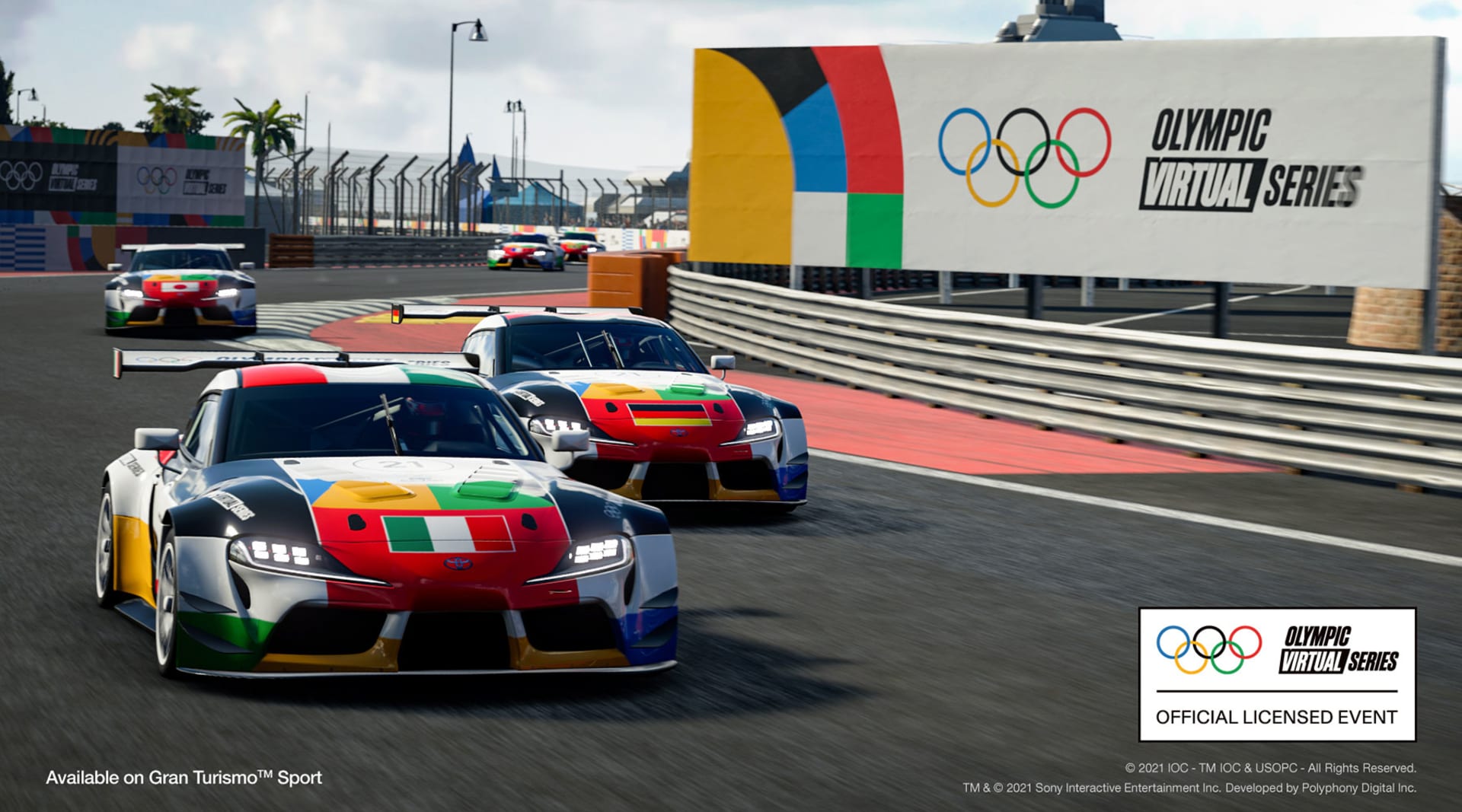Hybrid sports are a combination of traditional physical athletics and virtual training, events and fandom experiences. PWC predicted in 2020 that hybrid sports have the greatest “potential to carve out a promising value proposition for participation sports by attracting a balanced mix of both (virtual) spectators and (connected) participants.” From digital fan engagement to enhanced training, virtual athletics are changing the game.
The sports industry embraces virtual athletics.


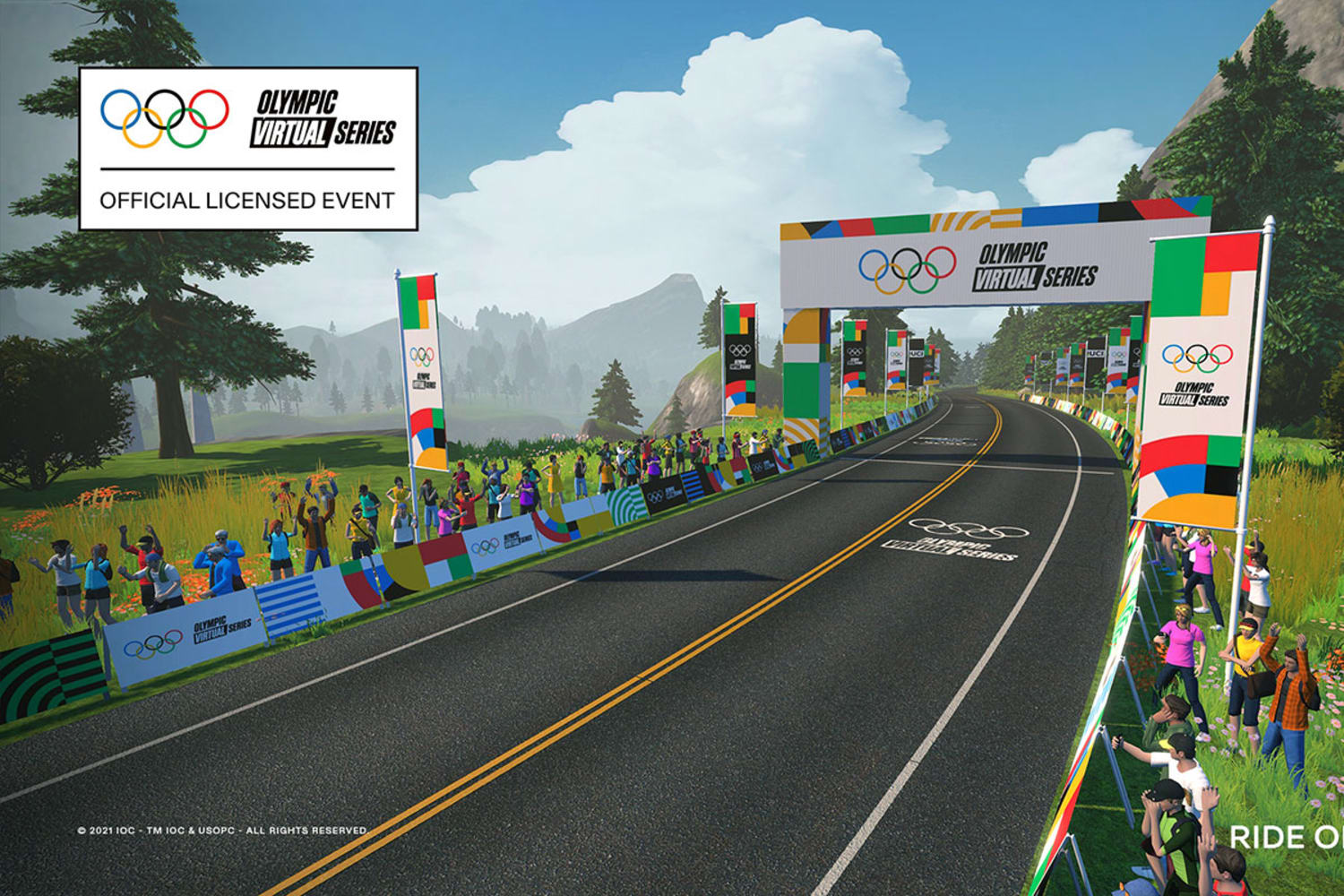
Virtual baseball is officially an Olympic sport. In a groundbreaking announcement, the International Olympic Committee (IOC) announced in April 2021 that they will produce the first-ever Olympic Virtual Series with five International Sports Federations and game publishers. From May 13th to June 23rd, the Olympic-licensed event for physical and non-physical virtual sports will include baseball, cycling, rowing, sailing and motor sports. IOC President Thomas Bach announced that the series is meant to be a “unique Olympic digital experience that aims to grow direct engagement with new audiences in the field of virtual sports.”
American sports fans will have the opportunity to engage in a virtual sporting experience as well. Cisco Webex is teaming up with NBC Sports in California to make the hybrid sports experience the “highest quality, most engaging experience for sports fans throughout the region,” Jordan Knopf, vice president of sales for NBC Bay Area Sports and NBC Sports California said of their partnership with Webex. As of April 2021, audiences can view highlights, player interaction, promotions and video conferencing interviews through the network alliance. Cisco is also collaborating with PGA Golf Australia, German pro cycling team (Team DSM) and McLaren Racing with behind-the-scenes coverage, junior athlete mentoring opportunities, and coach-to-athlete support while on the road.
Athletes are benefitting from these shifts as much as their audiences. Professional hockey teams are using virtual reality (VR) experiences for training purposes. The experiences, while valuable during 2020 isolations and lockdowns, are also keeping players sharp during traditional practices in 2021 with simulated game-plays.
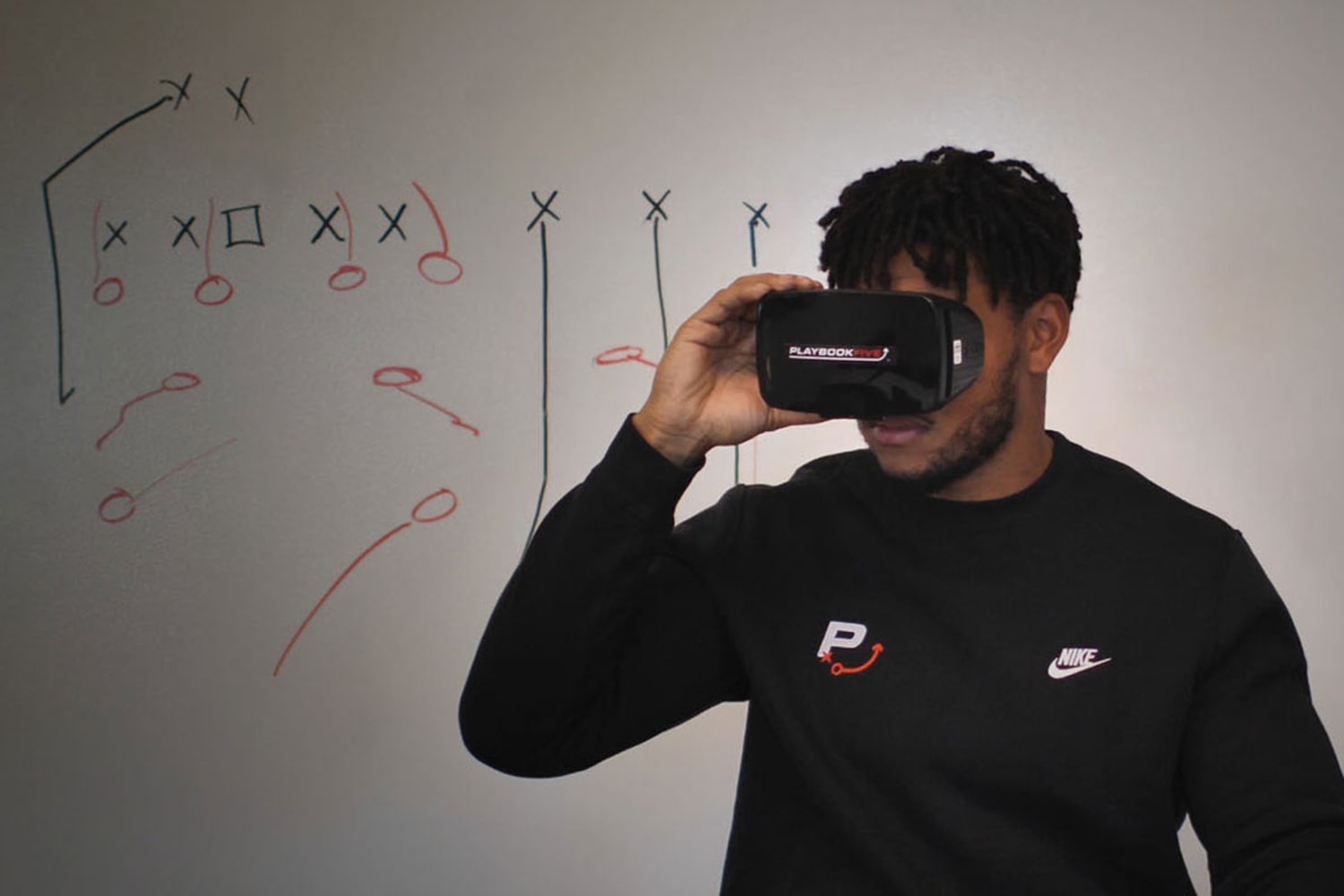
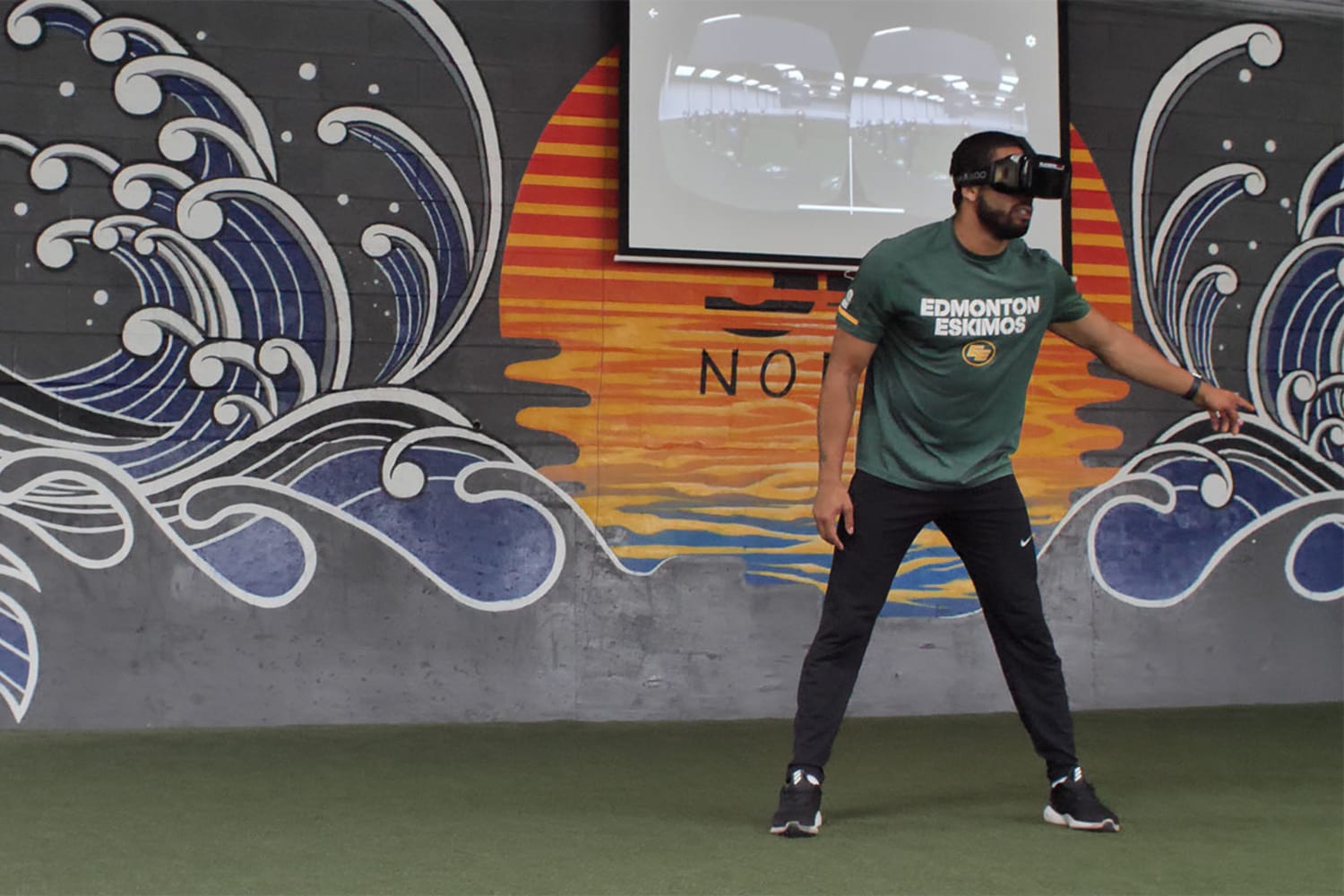
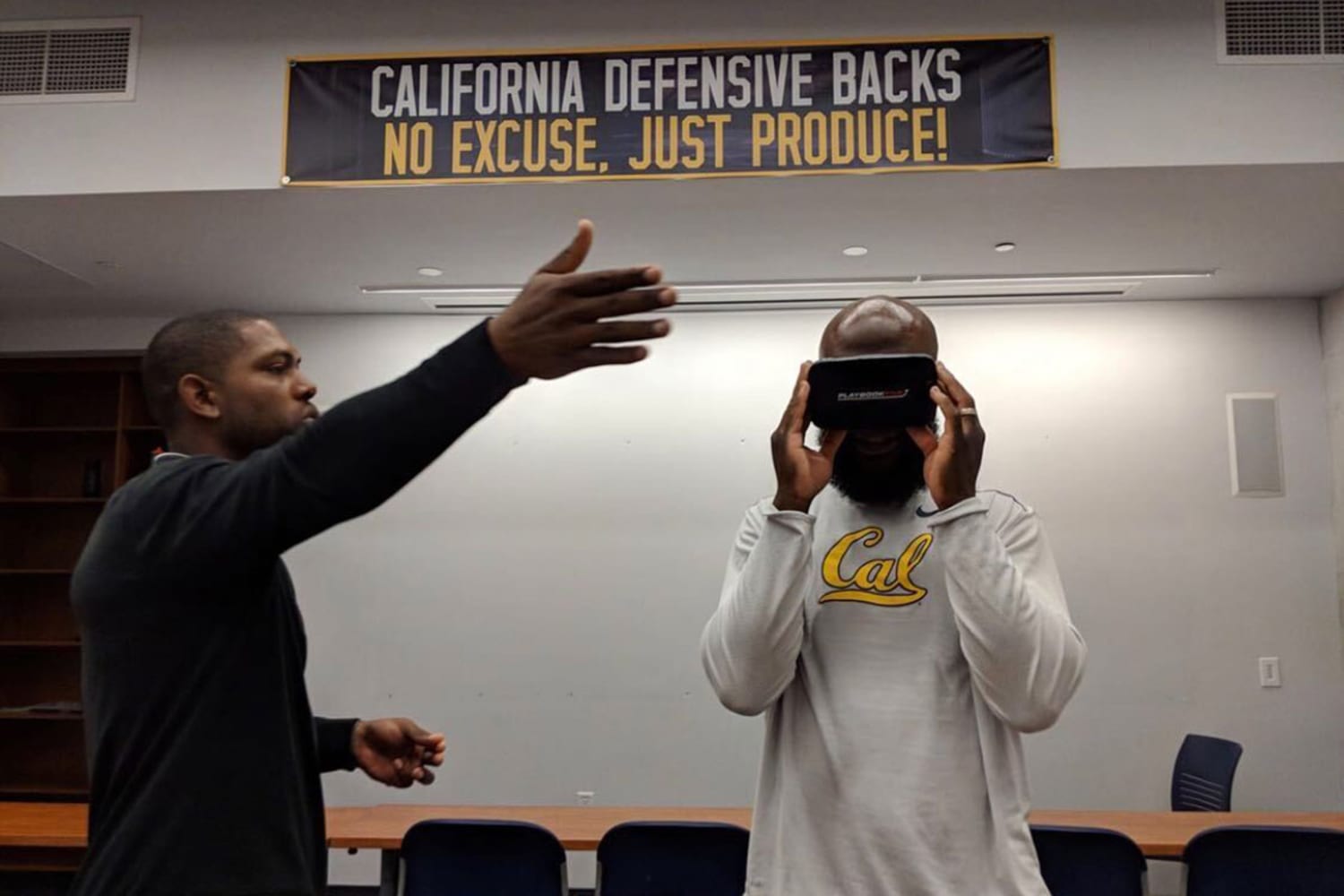
The National Football League is also tapping into the virtual space to train their athletes. Playbook Five Inc, a technology startup, provides a platform for players to study their playbook. Teammates can view a football field and their play in real time via the mobile app and Google Cardboard. The startup, founded in 2016, has increased usage by 35% in 2020 and claims their “platform has increased teams’ understanding of schemes and assignments by 33%.” High schools, community colleges, and local leagues are also adapting to these VR methods of training and engagement, solidifying the impact that this new wave of sportsmanship has had on the athletic community.
F1 Motorsports are embracing the benefits of full motion simulators prominently as well, blurring the lines between professionals and amateurs in their offered experiences. Participants can take part in a realistic virtual race in a comfortable, relaxed setting alongside their friends and family.
VR is evolving the world of sports, taking audience engagement from recorded, flat screenings to interactive experiences and redefining athletic participation.
For more on the future of sports, download “Back in the Game.”
Please provide your contact information to continue.
Related Content

VML Prague and KitKat offers a digital break with its new "Phone Break" campaign

